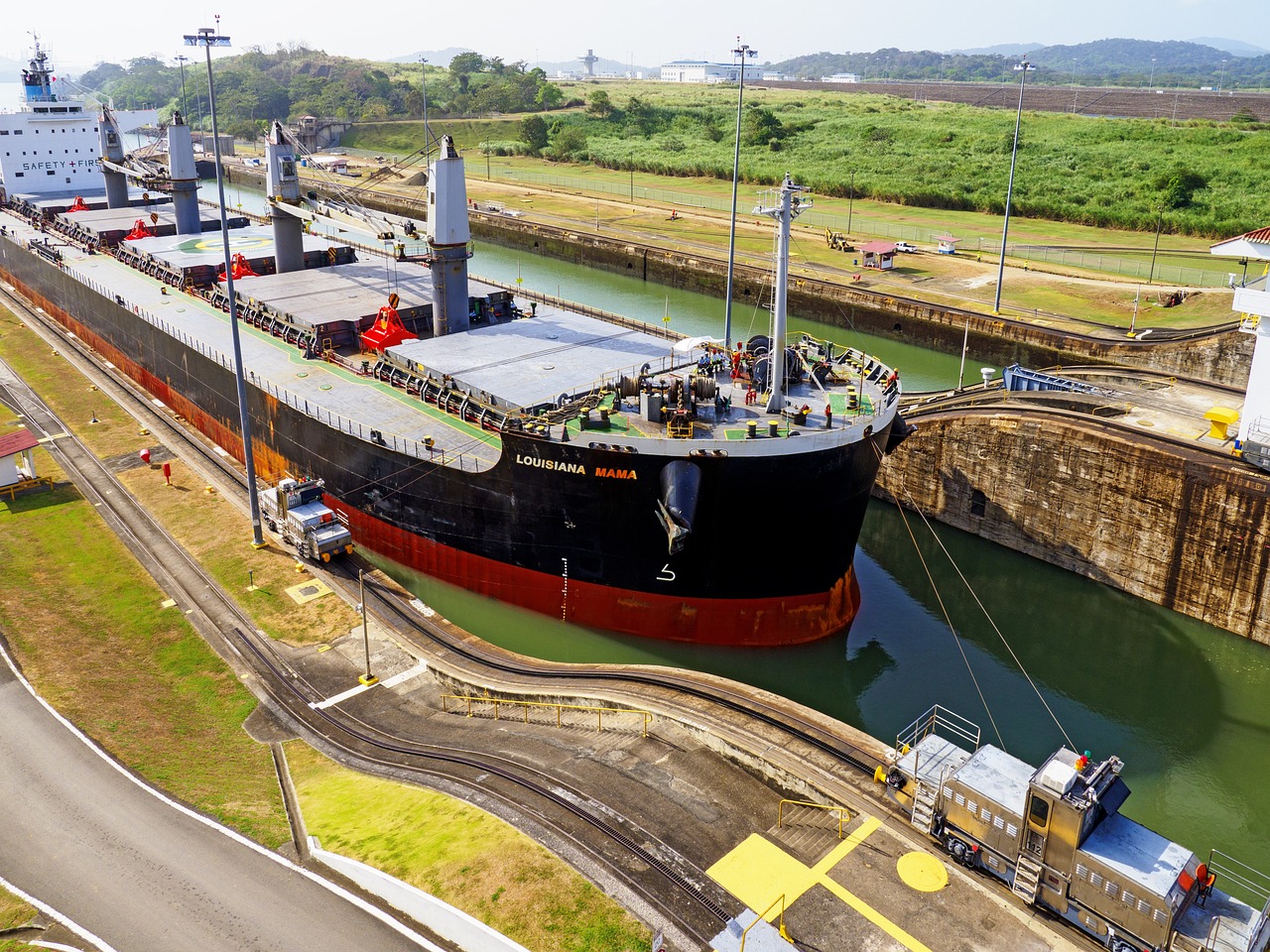Panama's President Jose Raul Mulino dismissed concerns over potential U.S. intervention after former President Donald Trump expressed interest in reclaiming the Panama Canal. Responding to questions at the World Economic Forum in Davos, Mulino firmly stated, "Be serious, be serious," and declined further comment.
During his recent inauguration speech, Trump referenced the 19th-century "Manifest Destiny" doctrine, reiterating his desire for the U.S. to take back the canal. He provided no timeline or strategy but did not rule out military action, sparking backlash from Latin American leaders. Trump accused Panama of breaking promises tied to the canal's transfer in 1999 and alleged it ceded operations to China—claims Panama denies.
On social media, Mulino emphasized Panama's responsible management of the canal, vital to global trade, including the United States. "The canal is and will remain Panamanian," he asserted. At Davos, Mulino reiterated this stance, rejecting Trump’s claims as false and affirming Panama’s sovereignty.
The Panama Canal, built largely by the U.S., became operational through treaties dating back to 1903. Jointly managed under accords signed in 1977, it was fully transferred to Panama in 1999.
Mulino defended the canal’s legacy as a product of treaties rather than a U.S. concession, highlighting Panama's stewardship in maintaining the canal as a global trade route. The canal continues to be a symbol of Panamanian independence and a vital link in international shipping.
Trump's comments reignite controversy over U.S.-Panama relations and the canal's strategic importance, as Panama firmly stands by its sovereignty over the waterway.



 Ohio Man Indicted for Alleged Threat Against Vice President JD Vance, Faces Additional Federal Charges
Ohio Man Indicted for Alleged Threat Against Vice President JD Vance, Faces Additional Federal Charges  Iran–U.S. Nuclear Talks in Oman Face Major Hurdles Amid Rising Regional Tensions
Iran–U.S. Nuclear Talks in Oman Face Major Hurdles Amid Rising Regional Tensions  Pentagon Ends Military Education Programs With Harvard University
Pentagon Ends Military Education Programs With Harvard University  India–U.S. Interim Trade Pact Cuts Auto Tariffs but Leaves Tesla Out
India–U.S. Interim Trade Pact Cuts Auto Tariffs but Leaves Tesla Out  Trump Lifts 25% Tariff on Indian Goods in Strategic U.S.–India Trade and Energy Deal
Trump Lifts 25% Tariff on Indian Goods in Strategic U.S.–India Trade and Energy Deal  Trump Backs Nexstar–Tegna Merger Amid Shifting U.S. Media Landscape
Trump Backs Nexstar–Tegna Merger Amid Shifting U.S. Media Landscape  U.S. to Begin Paying UN Dues as Financial Crisis Spurs Push for Reforms
U.S. to Begin Paying UN Dues as Financial Crisis Spurs Push for Reforms  U.S.-India Trade Framework Signals Major Shift in Tariffs, Energy, and Supply Chains
U.S.-India Trade Framework Signals Major Shift in Tariffs, Energy, and Supply Chains  Trump Allows Commercial Fishing in Protected New England Waters
Trump Allows Commercial Fishing in Protected New England Waters  Federal Judge Restores Funding for Gateway Rail Tunnel Project
Federal Judge Restores Funding for Gateway Rail Tunnel Project  TrumpRx Website Launches to Offer Discounted Prescription Drugs for Cash-Paying Americans
TrumpRx Website Launches to Offer Discounted Prescription Drugs for Cash-Paying Americans  Nighttime Shelling Causes Serious Damage in Russia’s Belgorod Region Near Ukraine Border
Nighttime Shelling Causes Serious Damage in Russia’s Belgorod Region Near Ukraine Border  US Pushes Ukraine-Russia Peace Talks Before Summer Amid Escalating Attacks
US Pushes Ukraine-Russia Peace Talks Before Summer Amid Escalating Attacks  Trump Endorses Japan’s Sanae Takaichi Ahead of Crucial Election Amid Market and China Tensions
Trump Endorses Japan’s Sanae Takaichi Ahead of Crucial Election Amid Market and China Tensions  Trump Signs Executive Order Threatening 25% Tariffs on Countries Trading With Iran
Trump Signs Executive Order Threatening 25% Tariffs on Countries Trading With Iran  Japan Election 2026: Sanae Takaichi Poised for Landslide Win Despite Record Snowfall
Japan Election 2026: Sanae Takaichi Poised for Landslide Win Despite Record Snowfall 































